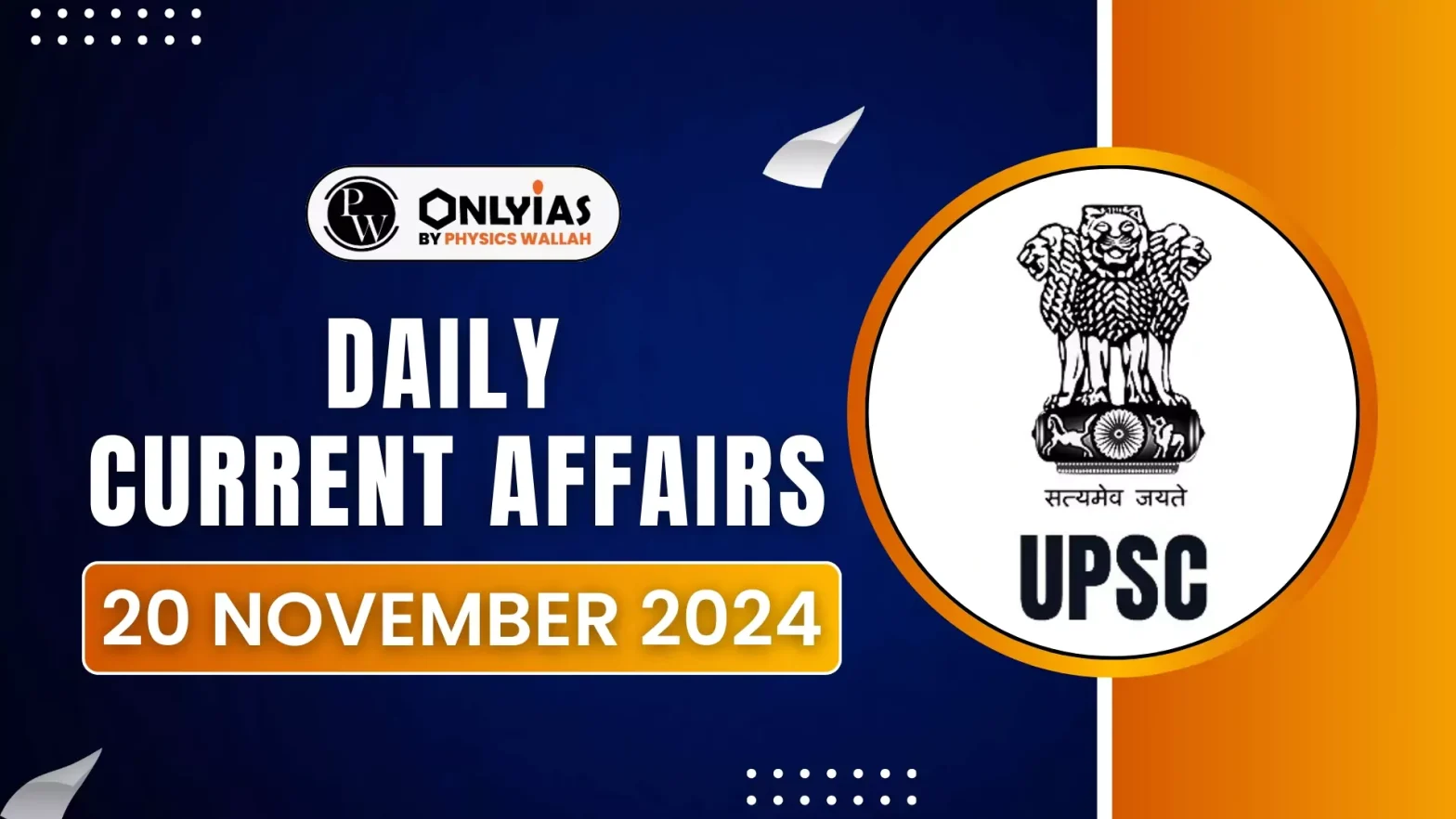Recently, the G20 summit 2024 convened in Rio de Janeiro, Brazil to discuss climate change, ongoing battles in Ukraine, Gaza, and Lebanon, and other issues like global coalition against hunger.
Key Takeaways from the G20 Summit in Rio de Janeiro
- Climate Change: No breakthrough on climate financing was achieved, with leaders only acknowledging the need for scaling up climate finance from billions to trillions, without specifying the sources.
- Ukraine War: The war in Ukraine remained a central issue, with G20 leaders expressing support for peace initiatives but not addressing Russian aggression directly.
Also Read: G20 Summit 2024
- Lebanon and Gaza Ceasefire: G20 leaders called for ceasefires in Gaza and Lebanon, stressing the need for a lasting truce consistent with UN resolutions.
- Taxing the Super-Rich: There was support for efforts to effectively tax ultra-high-net-worth individuals, marking a significant move towards international collaboration on tax policies.
- Global Alliance Against Hunger and Poverty: A global coalition against hunger was announced, with 82 nations signing on, aiming to reduce hunger and reach half a billion people by the end of the decade.
Check Out UPSC NCERT Textbooks From PW Store
About Global Alliance against Hunger and Poverty
- The Global Alliance against Hunger and Poverty is a global initiative launched by Brazil during its G20 presidency.
- Membership: The alliance brings together a diverse group of stakeholders, including:
- 148 founding members, including 82 countries, the African Union, the European Union, 24 international organisations, nine international financial institutions, and 31 philanthropic and non-governmental organisations.
- Goal: Its primary goal is to eradicate hunger and poverty worldwide by 2030.
- The alliance aims to achieve tangible results, such as reducing poverty rates, improving food security, and enhancing social protection systems.
- Three Pillars: The alliance operates on three pillars:
- National Coordination: Strengthening national policies and strategies to address hunger and poverty.
- Financial Mobilization: Raising funds to support initiatives and programs aimed at reducing hunger and poverty.
- Knowledge Integration: Sharing knowledge and best practices to improve the effectiveness of interventions.
- Headquarters: The technical headquarters will be at FAO i.e. Rome, Italy, but with functional autonomy.
- Brazil has committed to finance 50% of the costs by 2030, with contributions from partners such as Germany, Norway, Portugal, and Spain.
- India’s Role: India is an active member of the Global Alliance and has committed to supporting its goals.
- Strategic commitments:
- Expanding cash transfer programs to reach 500 million people
- Providing school meals to an additional 150 million children
- Assisting 200 million children up to age 6 and pregnant women with health programs.
![]() 20 Nov 2024
20 Nov 2024
